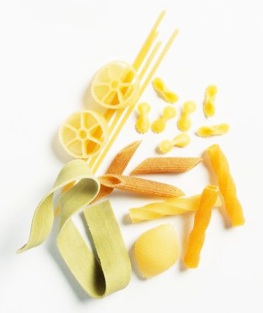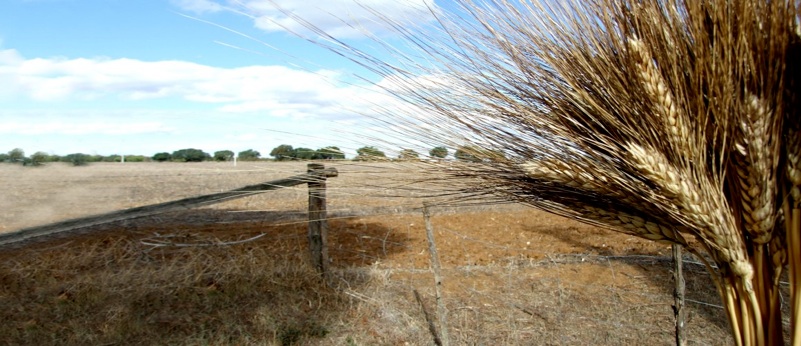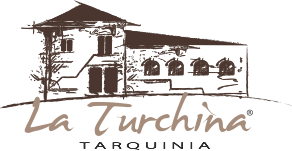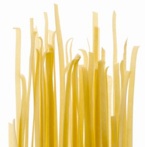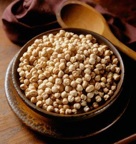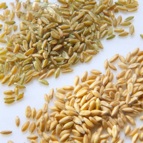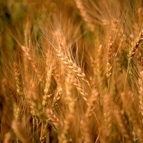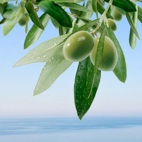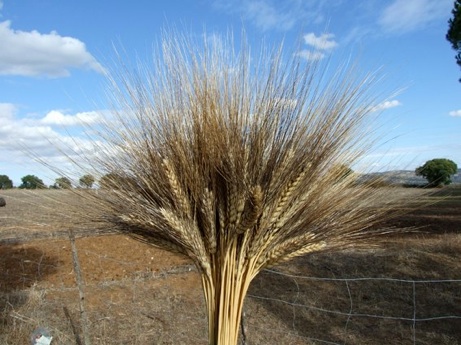Etruscans, Greeks, Romans, Chinese, Arabs ... These (and others) are the people who are given the paternity of pasta.
It is likely, in fact, that many ancient peoples using corn, have found themselves a simple and efficient way to store grain for a long time: prepare it with water, break it into appropriate formats and dry it.
It is thought that "pasta" is a name of Greek origin (which means "flour mixed with water), but it is already certain that the Arabs used this technique to keep the wheat flour in their travels through desert areas.
Description of a food very similar to what we now mean by "pasta" is found at Horace, but already above (third century BC) it speaks in Greek literature, and even before, depictions funeral Etruscan show tools for working with pasta.
More legend than history seems the Chinese origin, supported by tales of Marco Polo, but inconsistent if reported dried pasta that we intend to as "pasta".
However, pasta is an Italian product, as to be synonymous with Italy and national dish of its inhabitants: its spread abroad began in the eighteenth and nineteenth centuries.
During those years, pasta was already known and appreciated in England and, in ' "Encyclopédie" by Diderot and D'Alembert, we find the description of a press for the production of long pasta.
Goethe, in his "Journey to Italy", describes the remarkable expansion of the "macaroni", while the spread in America, however, will be later linked to the Italian emigrants.
But we have to get there until the Industrial Revolution, to assist the gradual introduction of mechanisation in the production of pasta: gramole presses and increasingly advanced spread in the "pasta" industries.
